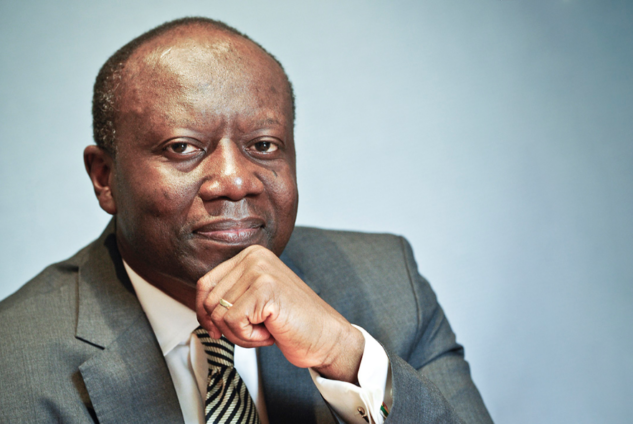Ghana is set to miss a number of economic targets as the Finance Minister, Ken Ofori-Atta, presents the 2022 Budget tomorrow, with investors calling for reassurance of debt sustainability.
According to Bloomberg, the country will miss its fiscal deficit target of about 9.4% in 2021, due to revenue underperformance, whilst a 4-year high tax ratio target due to the impact of Covid-19 pandemic will also be missed.
The investors hope the financial plan for next year will show credible strategy to reduce the fiscal deficit, wasteful expenditure and debt.
Bloomberg again said investors are concerned about the country’s ability to service its loans as there is increasing cost of the country’s dollar bond. This is because the country’s debt has reached distressed levels. Presently, the country’s debt-to-Gross Domestic Product ratio is about 76%
Some of the international economists and institutions have called for a budget that will set out how the government plans to boost economic growth, whereas the fiscal economy is brought to stability.
“Rarely do countries sustain such high interest burdens for any length of time without a crisis, an International Monetary Fund rescue, or default/restructuring,” Stuart Culverhouse, head of sovereign and fixed income research at Tellimer Research told Bloomberg.
“Without any material expenditure compressions, our forecasts show the budget deficit improving only moderately to -11%, -9.4% and -7.7% in 2022, 2023 and 2024, respectively,” Deutsche Bank Economist Danelee Masia also told Bloomberg.
However, the Finance Minister, is expected to allay the fears of investor about t the nation’s debt sustainability and sluggish economic growth in his budget speech tomorrow, 17th November, 2021.
Fitch Ratings had already projected that the country’s interest expense will increase to almost 47% of revenue next year, a situation many will described as worrying.
KPMG wants more from government to reduce debt
Accounting and auditing firm, KPMG, has already charged government to achieve a balance between reducing debt against stimulating the economy.
Answering a question from Joy Business on how the country can achieve a balance between reducing debt against stimulating the economy, Head of Advisory and Markets, Andy Akoto called for the channeling of borrowed funds into productive sectors of the economy, whilst streamlining revenue mobilization to shore up income.
ISSER charges government to implement measures to rake in revenue
The Institute of Statistical, Social and Economic Research also called on government to be bold and implement measures to rake in more revenue, going forward.
“We expect the revenue numbers being better than we’re seeing now. With the talk of the digitisation, we want to see more revenue being generated, we want to see higher forecast revenue mobilisation and also prudent management of resources. If that is done, certainly we will be relying less on borrowing”, Director of ISSER, Professor Peter Quartey said.
“So we want to see conscious efforts to reduce our debt, our high debt-to-GDP ratio to the medium term. At least by 2024, we should be back to sustainable levels”, he added.












